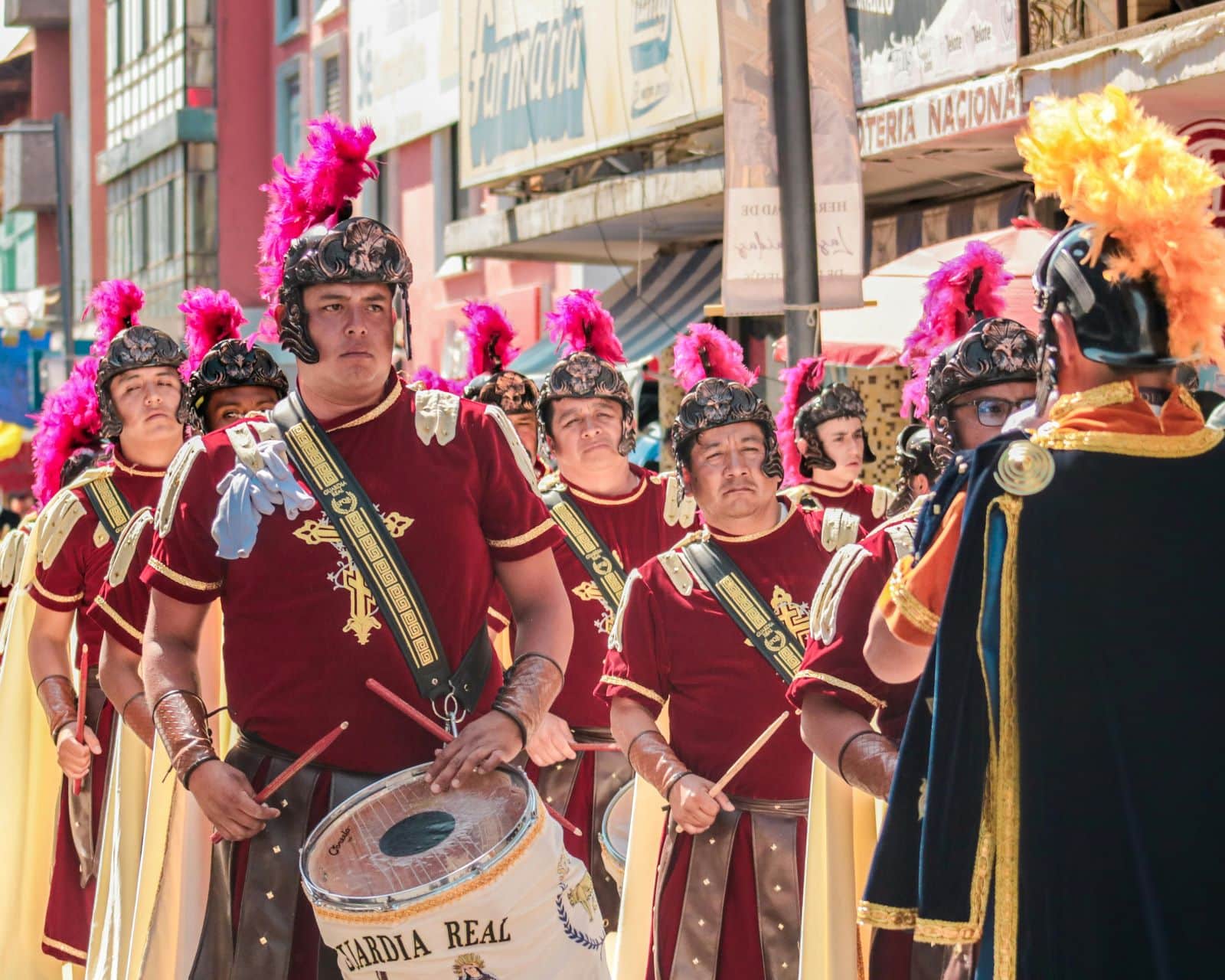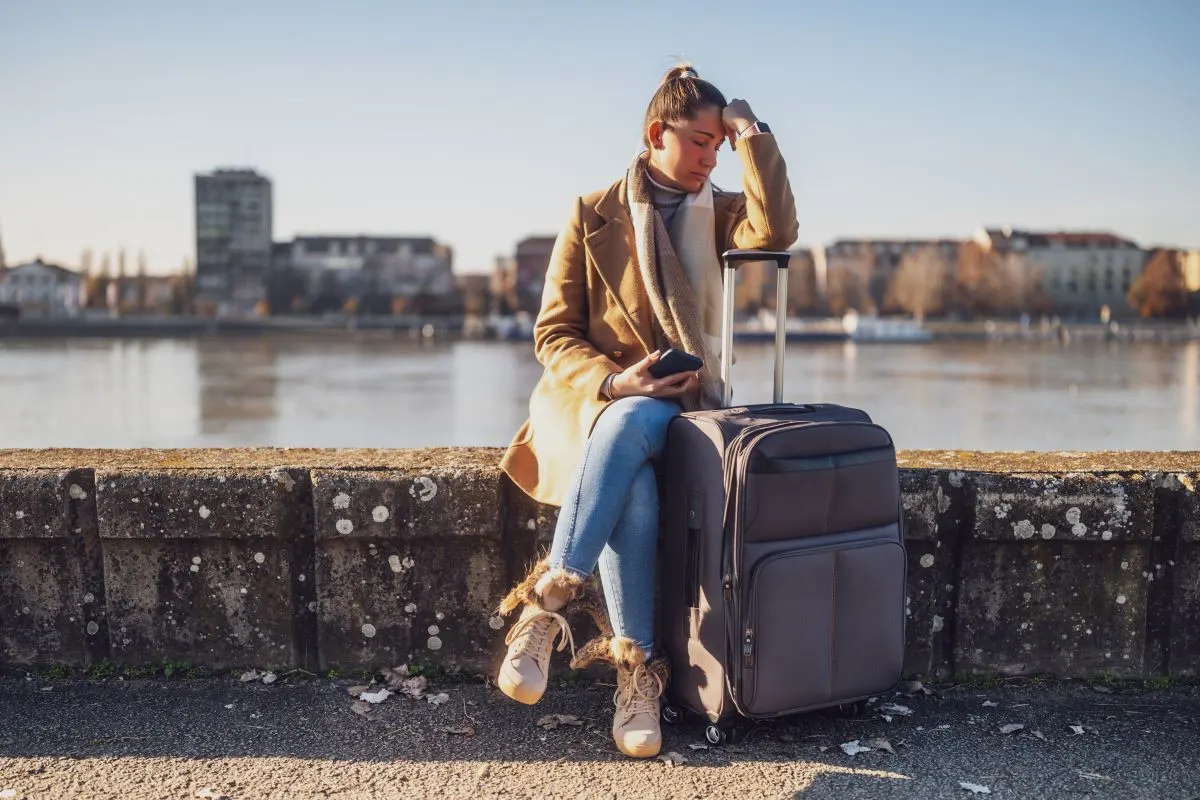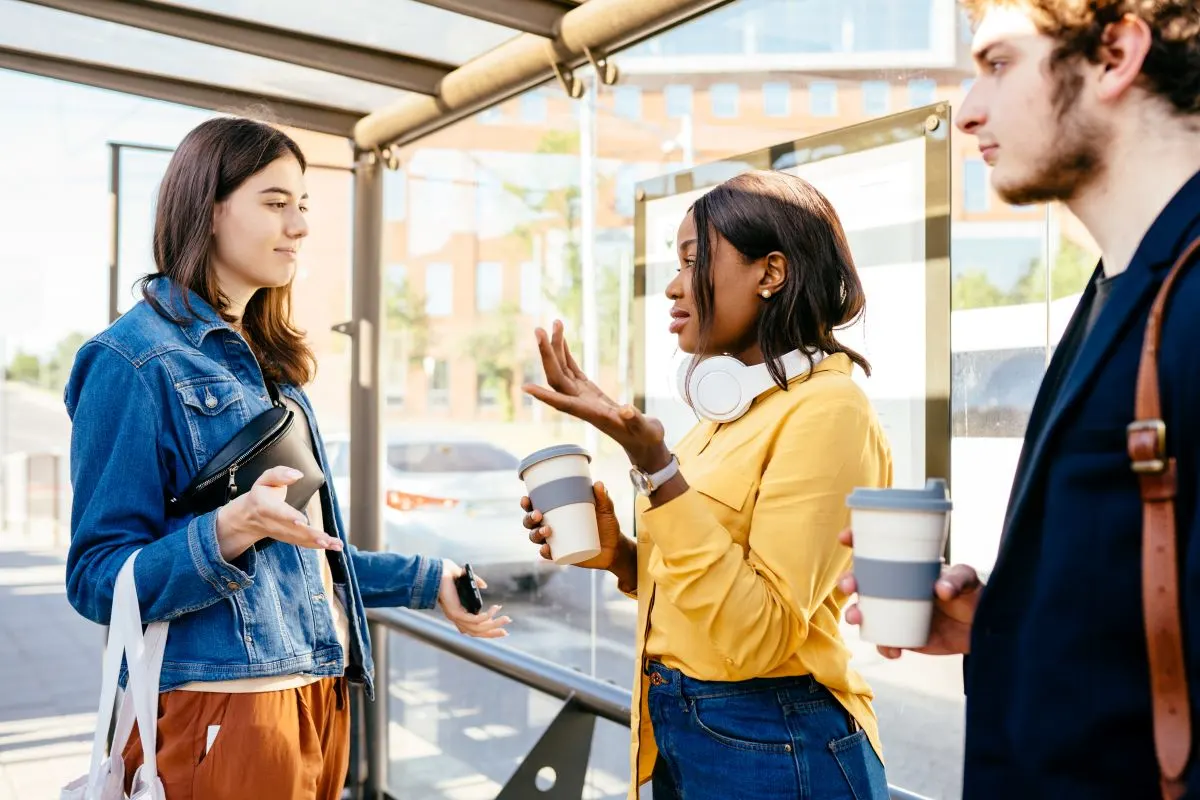American travelers are often viewed through a lens of cultural insensitivity, but are these perceptions always fair? Let’s explore some of the most common criticisms and reflect on whether they stem from genuine ignorance or simple cultural differences.
1. Loudness in Public Spaces

Image Credit: Pexels / Helena Lopes
Americans often stand out for speaking loudly in public areas, which can be seen as disrespectful in countries that value quiet and discretion. While this can indeed be disruptive, sometimes it may stem from cultural norms rather than intentional rudeness.
2. Expecting Everyone to Speak English

Image Credit: Pexels / Diva Plavalaguna
There is a perception that Americans travel abroad expecting everyone to speak English. This can come off as arrogant, although many Americans may rely on English simply because it’s the only language they know well.
3. Tipping Practices

Image Credit: Shutterstock / New Africa
Americans are used to tipping generously and might continue this habit abroad, potentially confusing or offending locals where tipping is not customary. This cultural misstep often comes from a place of wanting to show appreciation.
4. Dressing Inappropriately

Image Credit: Pexels / Nicolas Postiglioni
In some countries, local dress codes, especially at religious sites, are strict. Americans might unknowingly wear inappropriate attire, which can be viewed as disrespectful, though often it’s a genuine oversight, not disregard.
5. Complaining About Local Amenities

Image Credit: Pexels / Liza Summer
Complaints about “inconveniences” that are normal in the host country can make Americans seem unappreciative or spoiled. While this can be insensitive, sometimes it may be just a reaction to unfamiliar situations.
6. Ignorance of Local Customs

Image Credit: Pexels / PNW Production
Americans might unknowingly break local customs, such as failing to remove shoes when entering a home in Japan. While this can offend, it’s often due to lack of knowledge rather than intentional disrespect.
7. Over-Reliance on Fast Food Chains

Image Credit: Shutterstock / Deutschlandreform
Opting for familiar American fast-food chains instead of local cuisine can seem like a lack of interest in the local culture. However, for some, it’s about seeking comfort in familiarity, especially for less adventurous eaters.
8. Insensitive Photographs

Image Credit: Pexels / lucas souza
Taking photographs of people without permission or at solemn locations can be insensitive. While this is a serious faux pas, it can sometimes happen out of ignorance or a misplaced desire to capture memories.
9. Being Overly Casual

Image Credit: Pexels / Alexander Suhorucov
In some cultures, formality is valued in communication and behavior, and Americans’ casual demeanor can be misinterpreted as disrespectful. This casualness is typically not meant to offend but is a part of American communication style.
10. Political Opinions

Image Credit: Shutterstock / Jacob Lund
Americans discussing or critiquing foreign politics, especially in a negative light, can quickly lead to accusations of insensitivity or arrogance. While this can be inappropriate, sometimes it stems from a genuine interest in global affairs.
11. Not Trying to Speak the Local Language

Image Credit: Pexels / cottonbro studio
Not making an effort to learn even a few phrases in the local language can be seen as disrespectful. This is often not out of laziness but from anxiety about mispronunciation or making mistakes.
12. Misunderstanding Bargaining Norms

Image Credit: Shutterstock / Almazoff
In many cultures, bargaining is either a necessity or a faux pas. Americans may either avoid it where it’s expected or engage in it where it’s frowned upon, often out of confusion about local norms.
13. Failure to Adapt to Local Pacing

Image Credit: Shutterstock / IR Stone
Whether it’s walking too fast or getting impatient in lines, Americans can be perceived as always in a hurry, which might be at odds with local lifestyle rhythms. Typically, this is more about personal habit than intentional disrespect.
14. Imposing American Standards

Image Credit: Pexels / MART PRODUCTION
Expecting the same level of service or amenities abroad as at home can seem imperialistic. While it can come across as demanding, often it’s about adjusting expectations.
15. Excessive Patriotism

Image Credit: Pexels / veeterzy
Displaying strong national pride, such as wearing flag-themed clothing, can be seen as jingoistic abroad. Though meant to express pride, it can sometimes alienate others.
16. Cultural Appropriation

Image Credit: Pexels / Eden FC
Wearing traditional dress or participating in local customs without understanding their significance can lead to accusations of cultural appropriation. This often comes from a place of admiration, although it can be misinterpreted.
17. Overgeneralizing Experiences

Image Credit: Pexels / Eugene Capon
Americans may generalize their experiences from one part of a country to the whole, which can offend those who feel misrepresented. While this can spread misinformation, it often comes from limited exposure.
18. Not Respecting Local Advice

Image Credit: Pexels / SHVETS production
Ignoring local advice on safety or etiquette can seem arrogant, but sometimes it’s about miscommunication or misplaced confidence in one’s own judgment.
19. Dominating Conversations

Image Credit: Pexels / SHVETS production
In group settings, Americans may inadvertently dominate conversations, which can be seen as monopolizing. While this can be seen as overbearing, it often stems from a culture of open expression.
Respect and Understanding

Image Credit: Pexels / William Fortunato
In many cases, what is perceived as cultural insensitivity can be attributed to misunderstandings or a lack of awareness. This highlights the importance of cultural education and awareness when traveling, ensuring respect and mutual understanding in diverse settings.
18 Countries That Don’t Want American Visitors

Image Credit: Shutterstock / InesBazdar
It’s time for a reality check, American travelers. As you pack your bags and head overseas, ready to stamp your passport, it’s becoming glaringly obvious that not every destination is thrilled to see you. 18 Countries That Don’t Want American Visitors
18 High-Crime Cities in the US You Should Avoid

Image Credit: Shutterstock / Iryna Inshyna
American cities promise rich culture and unforgettable experiences, but rising crime rates can catch travelers off guard. This guide helps you stay safe while fully enjoying your adventures. 18 High-Crime Cities in the US You Should Avoid
Featured Image Credit: Shutterstock / Andrii Iemelianenko.
The content of this article is for informational purposes only and does not constitute or replace professional advice.
The images used are for illustrative purposes only and may not represent the actual people or places mentioned in the article.
Tips for Trip Success
Book Your Flight
Find an inexpensive flight by using Kayak, a favorite of ours because it regularly returns less expensive flight options from a variety of airlines.
Book Your Hotel or Special Accommodation
We are big fans of Booking.com. We like their review system and photos. If we want to see more reviews and additional booking options, we go to Expedia.
You Need Travel Insurance!
Good travel insurance means having total peace of mind. Travel insurance protects you when your medical insurance often will not and better than what you get from your credit card. It will provide comprehensive coverage should you need medical treatment or return to the United States, compensation for trip interruption, baggage loss, and other situations.Find the Perfect Insurance Plan for Your Trip
PassingThru is a participant in the Amazon Services LLC Associates Program. As an Amazon Associate I earn from qualifying purchases.
To view PassingThru’s privacy policy, click here.
